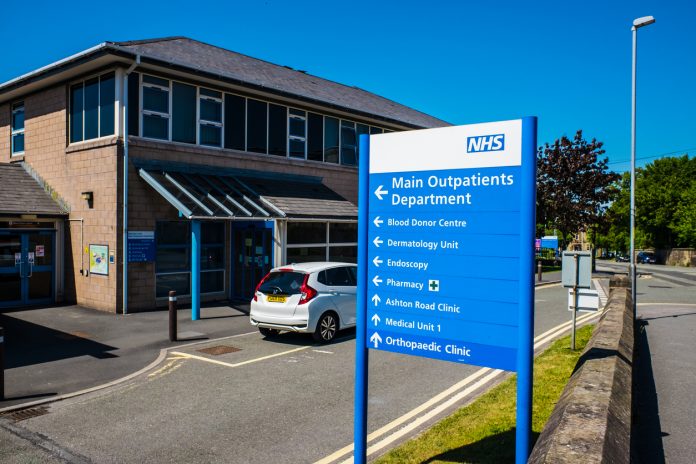The recent Lord Darzi review assesses the ongoing crisis in the UK’s healthcare system, TechUK responds to the Darzi Review
The review looks at several critical areas of concern within the NHS, from finance mismanagement to underdeveloped technology, and how these factors contribute to the challenges the NHS faces today.
Here is a look at how capital storage and technological gaps have shaped the healthcare landscape.
Social care challenges impacting the NHS
One factor contributing to the current crisis is the strained social care system. While social care itself falls outside the range of Darzi’s investigation, the knock-on effects are clear. Austerity measures and inadequate local authority funding have resulted in more patients being stuck in hospitals for longer than necessary, a problem known as “bed blocking.”
13% of NHS beds are occupied by patients who are medically fit for discharge but can’t leave due to lack of social care support. This strain on hospital capacity leads to inefficiencies and delays in patient care.
Capital investment and financial flows
The financial structure of the NHS has been a major driver of today’s crisis. Darzi’s review highlights how years of insufficient capital investment have left the health system struggling to keep up with demand.
The 2010s were the most austere decade for the NHS since its founding in 1948, with minimal annual funding increases. Although a 3.4% annual rise was promised in 2018, it was not fully delivered, resulting in continued pressure on services.
One key issue is the imbalance in spending: more money has been allocated to reactive secondary care (hospitals) rather than preventive community care, which could help reduce hospital admissions.
Without proper investment in community and social care, the NHS has been unable to shift resources to where they are most needed. Moreover, short-term funding cycles have left little room for long-term planning or investment in innovative solutions.
As a result the is low productivity and overstretched resources. Despite a 17% increase in the hospital workforce since 2019, productivity has dropped by 11.4%, further worsening patient experiences with longer waiting times and stressed staff.
Technological underdevelopment: Missed opportunities
Darzi Review looked at how far behind the NHS is in embracing digital technologies. The report labels the NHS as being in the “foothills of digital transformation”, with missed opportunities to shift from a “diagnose and treat” model to a more effective “predict and prevent” approach.
Key technology-related issues include:
- Underutilisation of the NHS app: Although the app has millions of registered users, its full potential is not being realised. For instance, integrating simple features like booking GP appointments through the app could significantly improve efficiency and patient experience.
- Lack of IT integration: The NHS is still struggling with outdated systems that don’t communicate effectively across care settings. This is particularly problematic given the rise in chronic diseases, where patient data needs to flow seamlessly between primary care, hospitals, and social care providers.
- Slow adoption of AI and virtual care: Some hospitals are experimenting with artificial intelligence (AI) and virtual wards, but these technologies remain underutilises. AI could assist in diagnostics and operational management, while virtual wards could reduce hospital stays by allowing patients to receive care at home.
The NHS holds a lot of patient data, which could be a strong tool for improving care and efficiency. However, the Darzi Review points out that the potential of NHS datasets remains largely unrealised. While some initiatives, such as the Whole Systems Integrated Care dataset and OpenSAFELY programme, show promise, the broader use of data to drive innovation and improve patient outcomes is still far from being achieved.
Conclusion: A path forward
The Lord Darzi Review looks at a healthcare system that has suffered from decades of underinvestment and a failure to fully embrace the digital revolution.
The system’s “vitals” remain strong, and with the right reforms, particularly in capital investment and technology, the NHS can regain its footing.
Key recommendations include:
- Long-term financial planning: Moving away from single-year budgets to allow for more sustainable investment in technology, infrastructure, and staff.
- Harnessing digital health technologies: The NHS needs to accelerate its digital transformation, making use of the potential of the NHS App, AI, and other tools to improve productivity and patient care.
- Preventive healthcare focus: Shifting resources towards community and preventive care to reduce the burden on hospitals.











